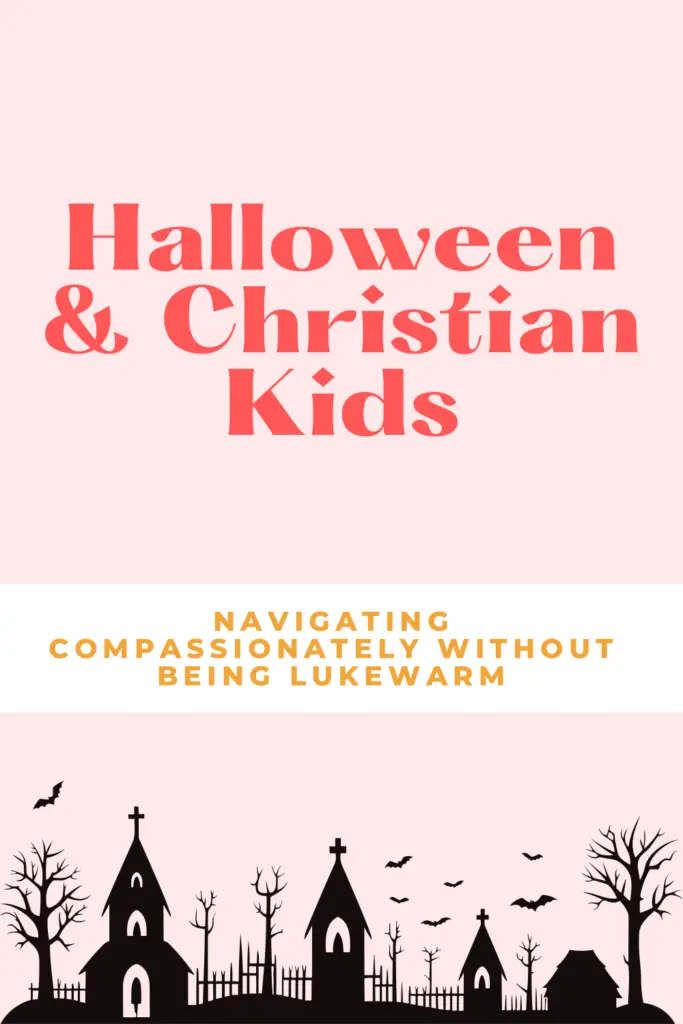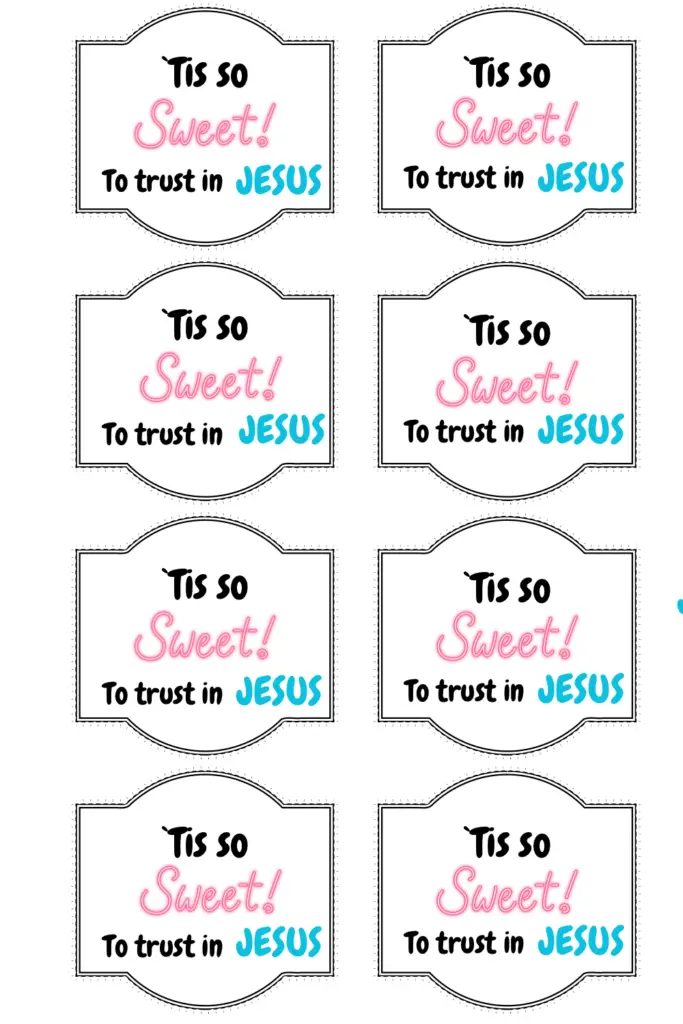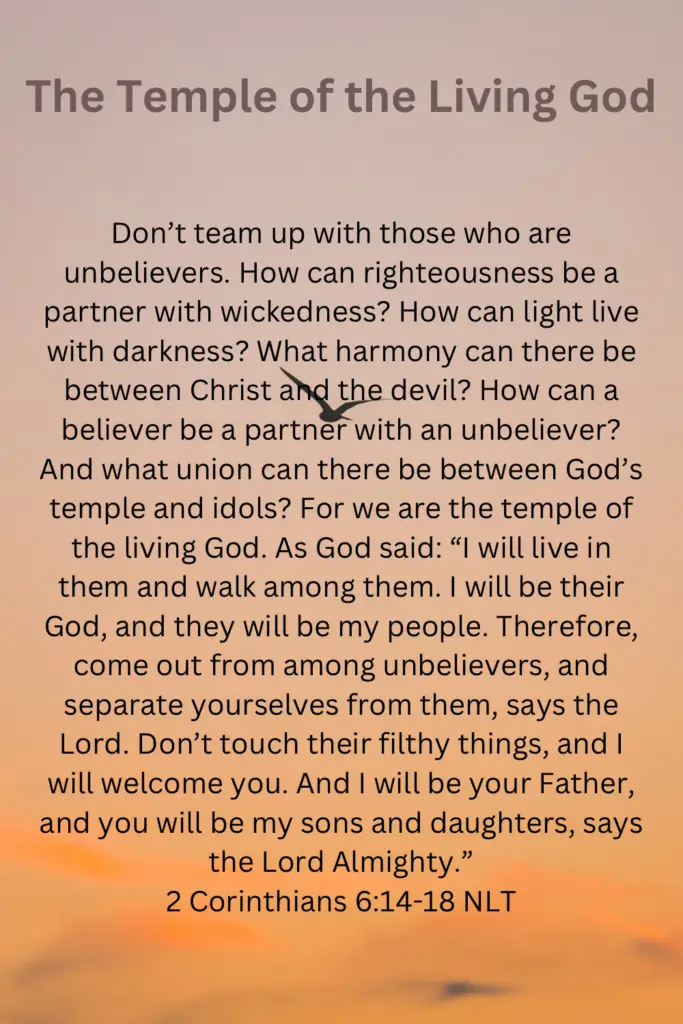
With Halloween just around the corner, it’s evident that the festive spirit is in full swing. Schools and shops alike are immersing themselves in the celebration, with shopping centers bedecked in Halloween decorations and a plethora of costumes for sale, encompassing everything from witches to doctors. This begs the question: as Christians, what is our stance on Halloween, and what role should we play in society during this holiday? Should we permit our children to partake in the tradition of trick-or-treating and don costumes for the occasion?
What is Halloween?
Halloween is a popular holiday celebrated on the night of October 31st. Halloween is widely associated with various traditions such as dressing up in costumes (often inspired by spooky or supernatural themes), carving pumpkins into jack-o’-lanterns, decorating homes with eerie decorations, and participating in activities like trick-or-treating, where children go door-to-door to collect candies and treats. It’s often seen as a fun and festive occasion, but it also has historical ties to the belief that the boundary between the living and the dead is blurred during this time, making it a night associated with ghosts and otherworldly themes.
History behind Halloween
Halloween has a rich and complex history that combines elements from various cultures and traditions over centuries. Here’s a brief overview of its historical roots:
Celtic Origins: Halloween has its origins in ancient Celtic festivals. It was believed that on the night of October 31st, the boundary between the living and the dead was blurred, allowing spirits to roam the earth.
Roman Influence: The Romans conquered Celtic territories, and some of their customs and festivals blended. The Roman festival honoured the dead.
Christian Influence: In the 8th century, the Catholic Church established All Saints’ Day on November 1st to honor saints and martyrs. All Souls’ Day, dedicated to praying for the souls of the deceased, was established on November 2nd. The evening before All Saints’ Day became known as All Hallows’ Eve, later shortened to Halloween.
Medieval Traditions: During the Middle Ages, Halloween evolved with a mix of pagan and Christian customs. People would dress in costumes to disguise themselves from evil spirits and would go “souling,” asking for food or money in exchange for prayers for the dead.
Irish and Scottish Influence: Irish and Scottish immigrants brought their Halloween traditions, including the carving of turnips and later pumpkins, to North America in the 19th century. These carved vegetables became jack-o’-lanterns.
What does the Bible say about pagan festivals?
The Bible does contain some references and principles related to participation in pagan festivals. While it doesn’t specifically mention Halloween or other modern celebrations, it does provide guidance that can be applied to such situations:
Avoiding Idolatry: In the Old Testament, there are numerous warnings against engaging in idol worship and participating in pagan rituals. For example, in the Ten Commandments, God commands not to make or worship idols (Exodus 20:3-5). Christians are urged to steer clear of any practices that involve the worship of false gods.
Separation from Worldly Practices: The New Testament encourages believers to live a life that is distinct from the world and its sinful practices. Romans 12:2 advises Christians not to conform to the patterns of the world but to be transformed by the renewing of their minds.
Honoring God in All Things: Colossians 3:17 teaches that whatever Christians do, whether in word or deed, should be done in the name of the Lord Jesus, giving thanks to God the Father. This encourages believers to evaluate their actions and intentions in light of their faith.
In summary, the Bible advises Christians to avoid idolatry, live a life that reflects their faith and strive to honor God in all they do. When it comes to pagan festivals or practices, individual Christians and denominations may interpret and apply these principles differently. Some Christians choose to avoid participation in certain festivals with pagan origins, like Halloween, while others may engage in alternative celebrations or use these occasions as opportunities for outreach and sharing their faith. It ultimately depends on individual convictions and interpretations of biblical principles.
My Personal opinion
- With that said, am I planning to send my kids for trick-or-treating around the neighborhood? No, I won’t.
- Will I give chocolates to the neighborhood kids when they come trick-or-treating? Absolutely! I plan on sticking these labels (below) on the candy for the children. I think it is a sweet and gentle way of being a light and sharing the gospel.

Below, you can find a link to my blog post with free printable labels for Halloween candy.
3. Do I intend to send my children to school on Halloween dress-up day? No, I don’t plan to send them to school on that day.
I understand that this perspective might seem unconventional to some. However, in a culture where there is an increasing prevalence of content that goes against what I believe to be in line with God’s teachings, I think it’s crucial to remain steadfast in our faith. While I don’t want my children to mock those with different beliefs, I encourage them to embrace love for all and to pray for others privately. This is about not compromising our beliefs, as the Book of Revelation suggests that being either fervent or steadfast is preferable to being indifferent. It’s time for a stronger commitment within the church. Finally, I leave you with a couple of verses in the Bible that prompted my stance.

Halloween, with its focus on dark themes, occult elements, and unsettling imagery, is something I strongly disapprove of. In a culture that increasingly blurs the line between what is wholesome and what is unsettling, it’s crucial to stand firm in our convictions. This isn’t about judging others but rather adhering to our deeply held beliefs. As we confront the choices surrounding Halloween, let us remember the importance of preserving our values and protecting the innocence of our children. In a world that often promotes the contrary, it’s our responsibility to maintain a steadfast commitment to what we believe is right and wholesome, even if it means resisting the allure of popular culture.As you embark on your journey through the upcoming season, I wish you the wisdom to make the best choices for your family.
I’d be grateful for your feedback or any thoughts you may have on this matter.



